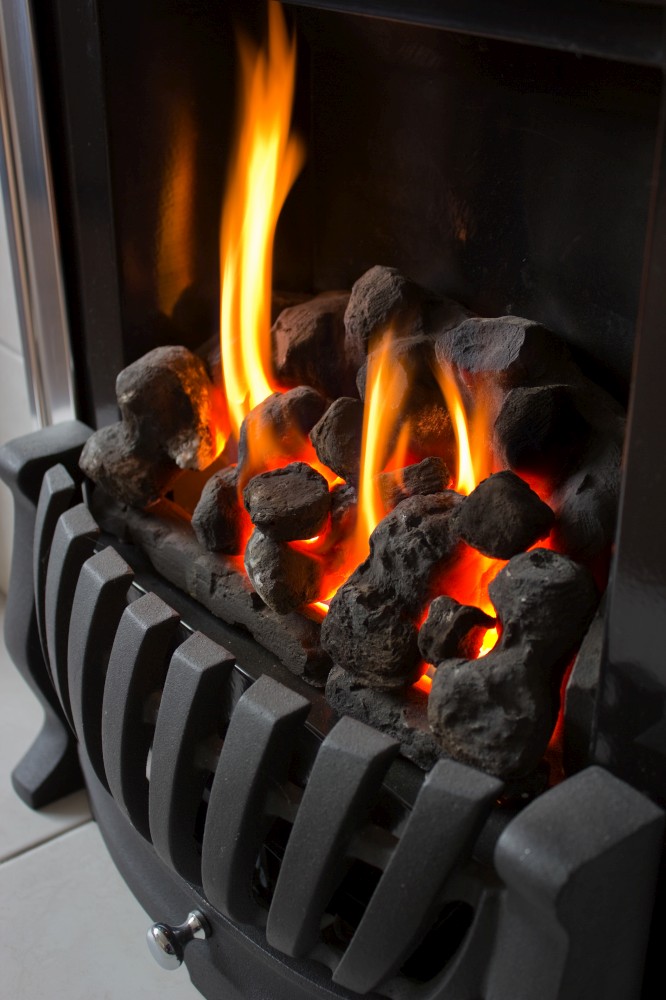Homeowners are naturally concerned about saving money. One of the areas they typically focus heavily on when it comes to expenses is home heating. It’s generally understood that “a fireplace” can help offset the cost of heating a home, but that leads to having to decide between a gas fireplace and one that burns wood.
For a variety of reasons, many homeowners choose a gas fireplace. But looking at it solely from the angle of money-saving, is gas the best choice?
Gas vs. wood: Which is more economical?
A lot of factors come into play in determining if gas-fuelled fireplaces are more cost-effective than wood-burning fireplaces. For this reason, selecting the type of fireplace that will save you the most money can be like comparing apples and oranges. In other words, it’s about more than just the price you pay for a gas or wood supply.
Total control with a gas fireplace
When you operate a gas-driven fireplace, you know that you’ve got a highly efficient heat source. You can easily control how much heat gets generated, and you can be assured that all the gas you bring into your fireplace will be used and burned cleanly. With wood logs, the burn can be inefficient, particularly if the wood isn’t properly dried.
Ease of use
Wood-burning fireplaces can take a lot of your time – and for many of us, time is money. To run a wood fireplace, you’ll need to procure the logs – that means go out and cut them, buy them, or pay to have them delivered to your home. Also, you must store the logs and have to lug the logs inside the house. Then, you have to clean the ashes and wood chips out of the firebox when you’re finished using it.
With a gas fireplace, you’ll save lots of time. To begin generating heat, all you have to do is flip a switch. When you’re done heating, you simply turn the unit off.
Clean burning
Wood logs, when burned, release creosote, which can attach to chimney walls and create a potential fire hazard. Gas burns much more cleanly and requires less professional maintenance of the firebox and chimney to keep your home safe. Figure the reduced maintenance costs into the gas vs. wood price comparison.
Dollars and cents
The price of natural gas (or propane) fluctuates, as does the price of wood logs, so it’s difficult to put a specific dollar amount on what it will cost to heat a home with either of these two methods. But when you consider the actual time spent running these appliances and add in the “hassle factor,” many homeowners today feel that gas fireplaces are best from both an economical and lifestyle standpoint.





